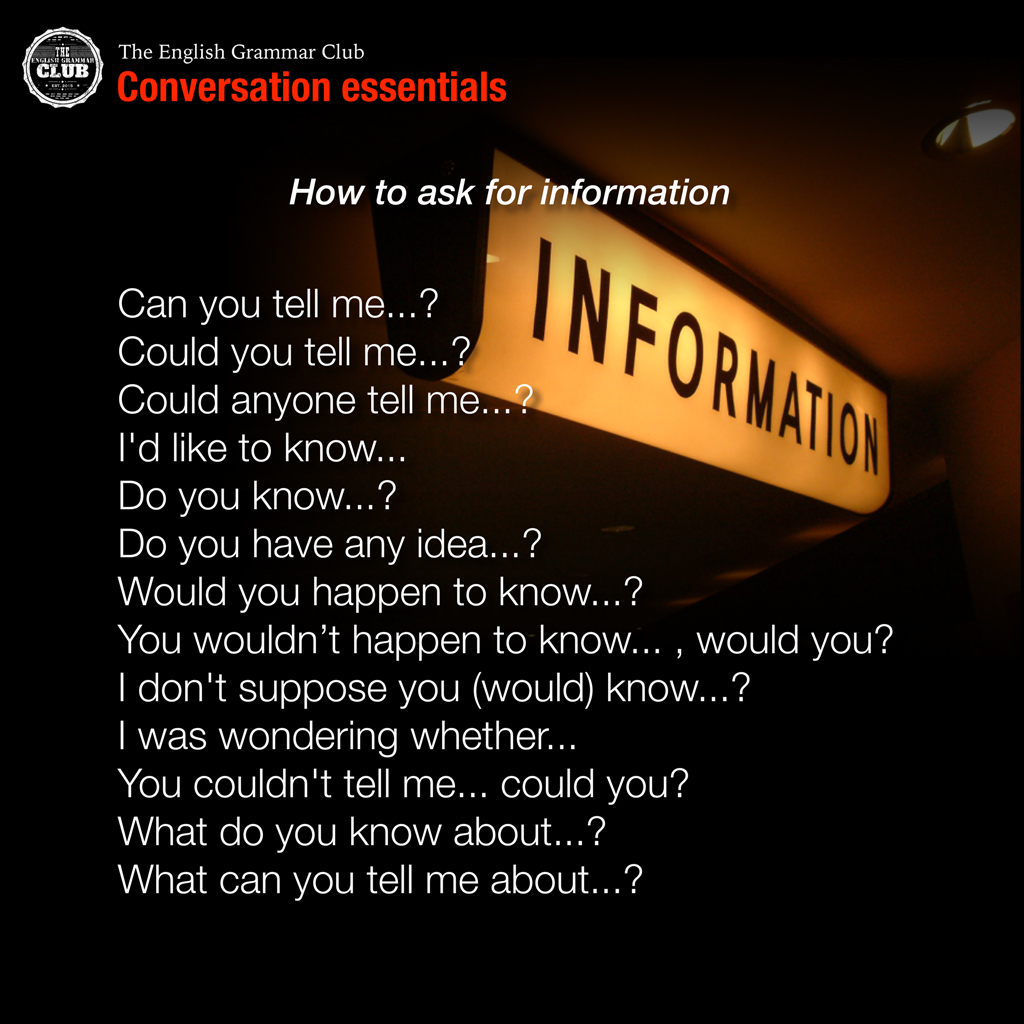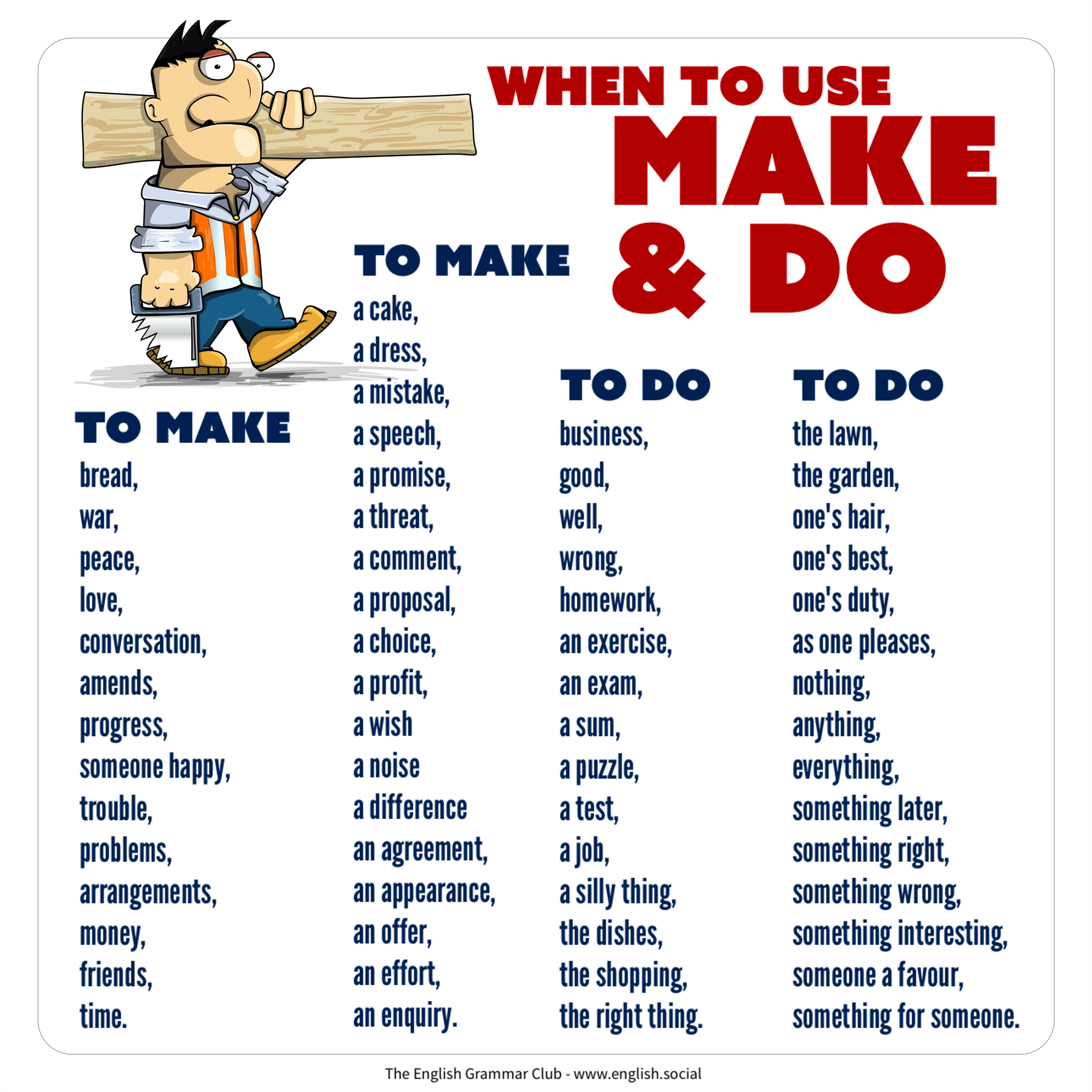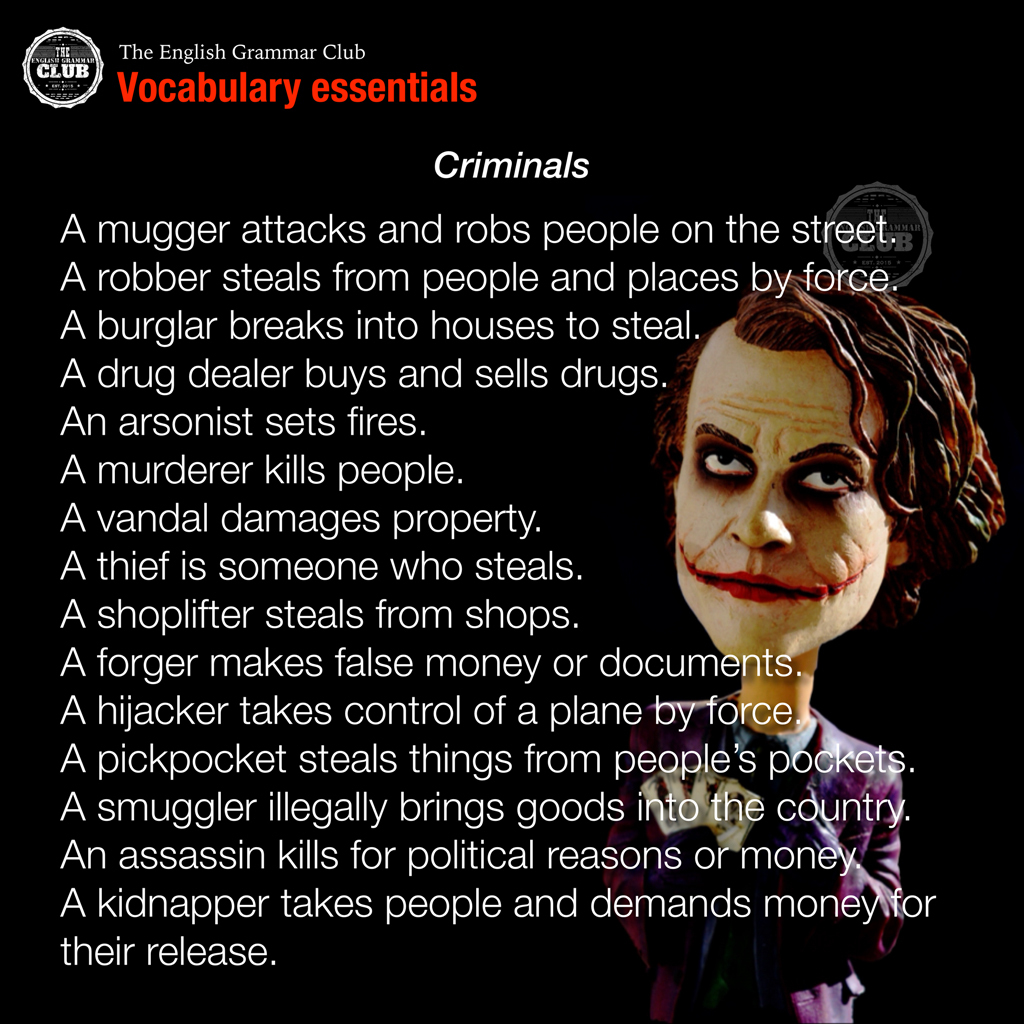
Learn how complex and compound sentences work in English. This guide includes definitions, grammar rules, examples, and a quiz to help you master sentence structures.

Learn how complex and compound sentences work in English. This guide includes definitions, grammar rules, examples, and a quiz to help you master sentence structures.

One of the most practical ways to understand how English sentences work is to learn about transitive and intransitive verbs. These two categories define whether or not a verb needs an object — and that makes a huge difference in sentence structure and meaning.

Master helping verbs and multi-word verbs in English grammar. Learn how auxiliary verbs and phrasal structures work together to form fluent, accurate sentences.

This article, part two of the "Grammar Glossary in Action" series, emphasizes the importance of verbs in English grammar. Verbs are essential for constructing sentences, conveying actions, states, and connecting ideas. Understanding verb types—like lexical, action, dynamic, and stative—enhances language proficiency, aiding in clarity and effective communication.

The post introduces the essential building blocks of English sentences as part of the "Grammar Glossary in Action" series. It presents definitions and examples for five core word classes: nouns, verbs, adjectives, adverbs, and articles. Understanding these elements is crucial for improved reading, writing, and teaching in English.
The Present Continuous tense in English describes ongoing actions, temporary situations, trends, and future plans. Formed with a form of "to be" and the -ing verb, it's essential for fluent communication. While most verbs work well in this tense, some stative verbs do not. Understanding its usage enhances conversational...
This guide explores the Present Simple tense in English, detailing its forms, uses, and quirks. The tense expresses habits, routines, general truths, and states. It employs the base verb for most subjects and adds -s or -es for third-person singular. Mastering it enhances communication and understanding of English.

Can you tell me...? Could you tell me...? Could anyone tell me...? I'd like to know... Do you know...? Do you have any idea...?

When to use the verbs ‘make’ and ‘do’. To make bread, war, peace, love, conversation, amends, progress, someone happy.

A mugger attacks and robs people on the street. A robber steals from people and places by force. A burglar breaks into houses to steal.